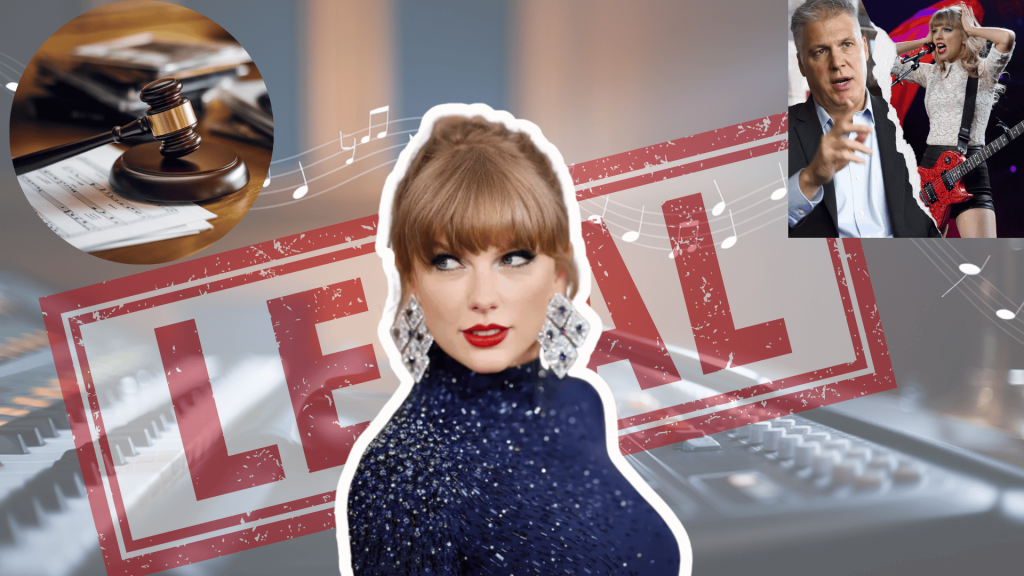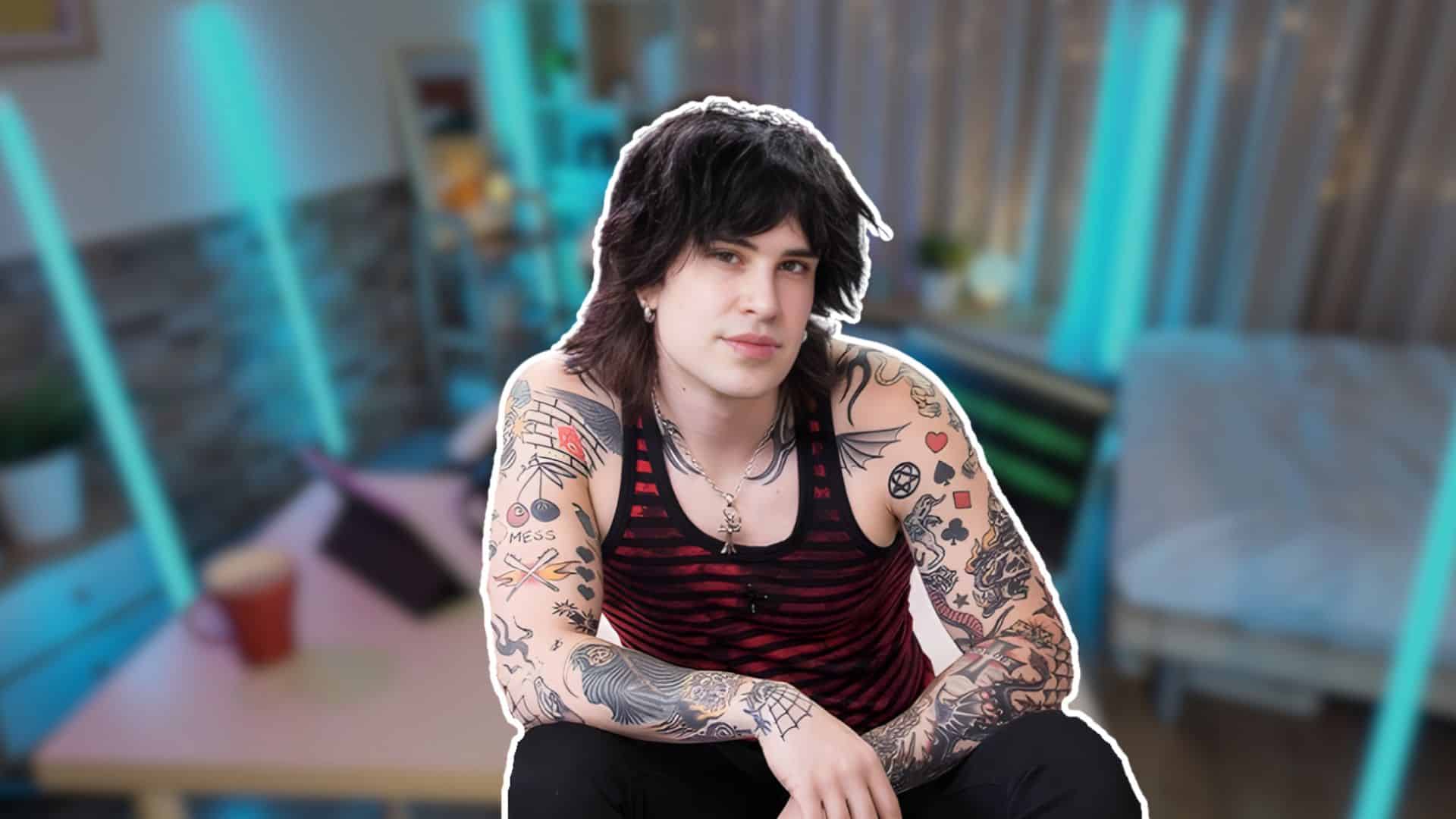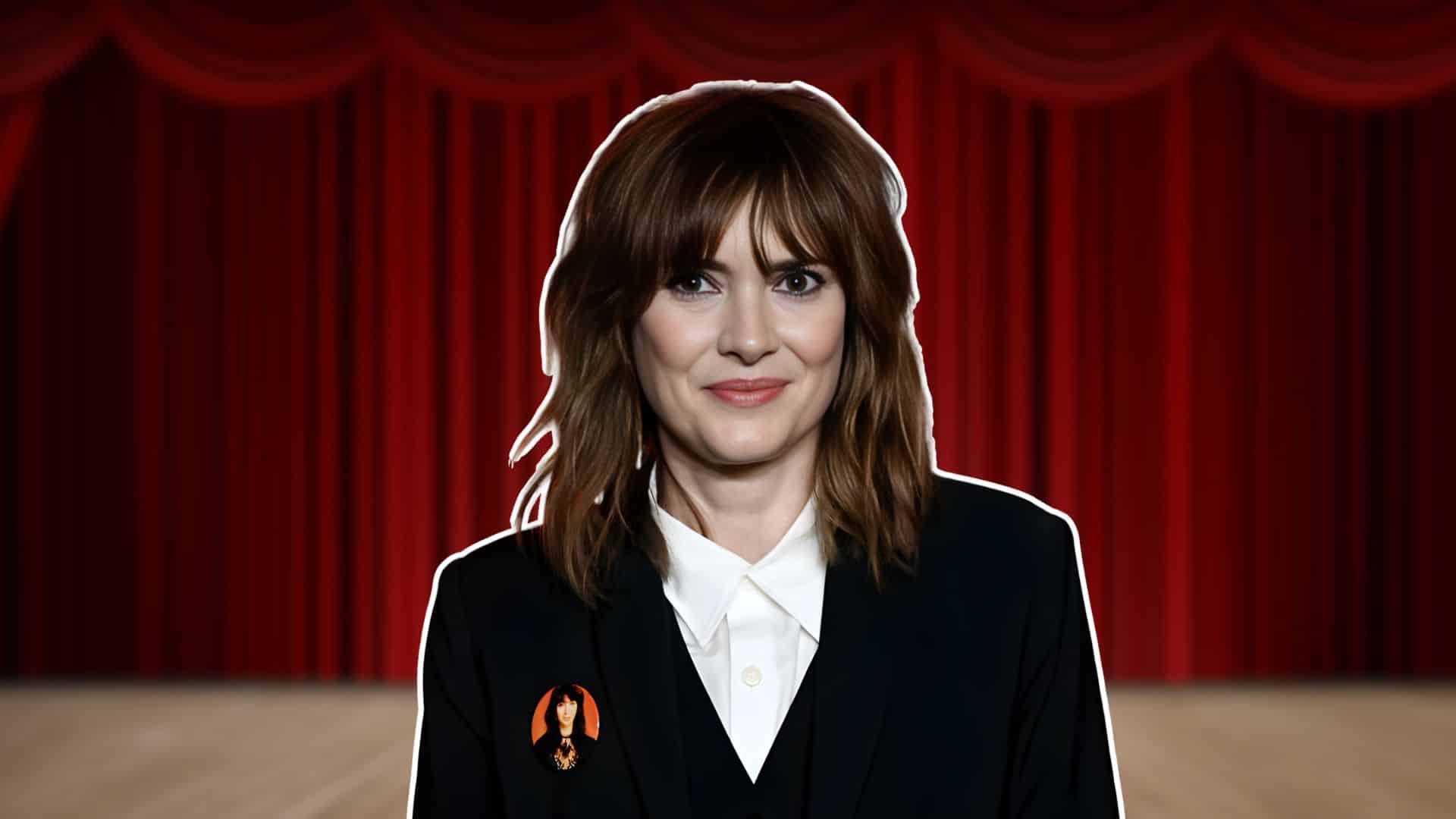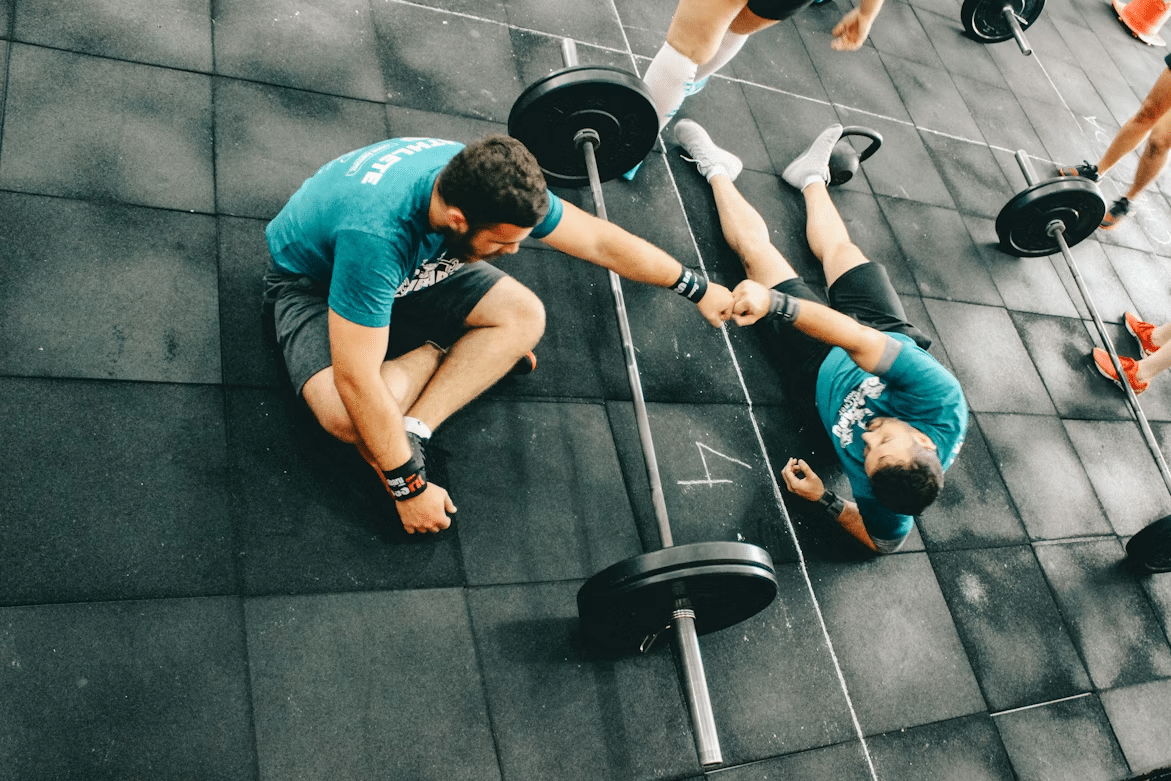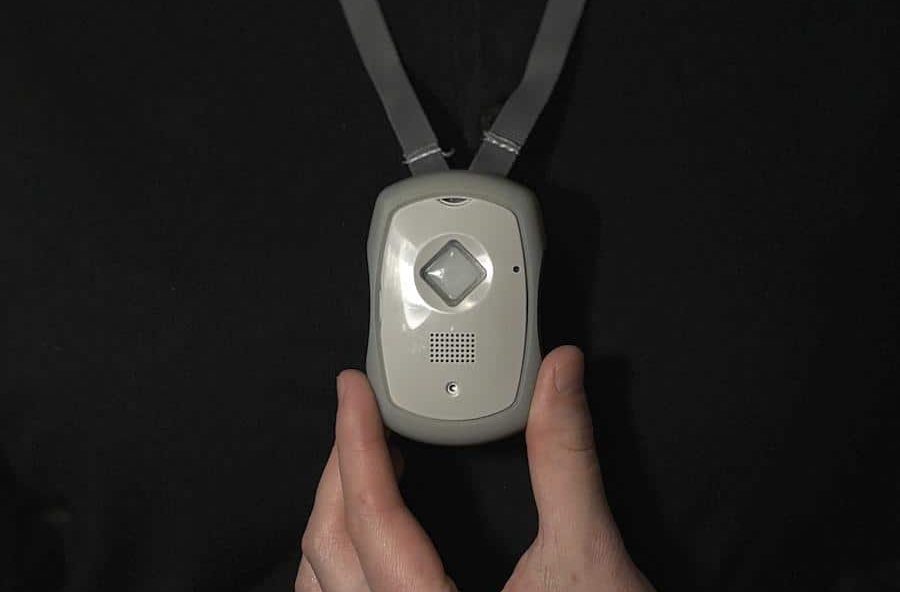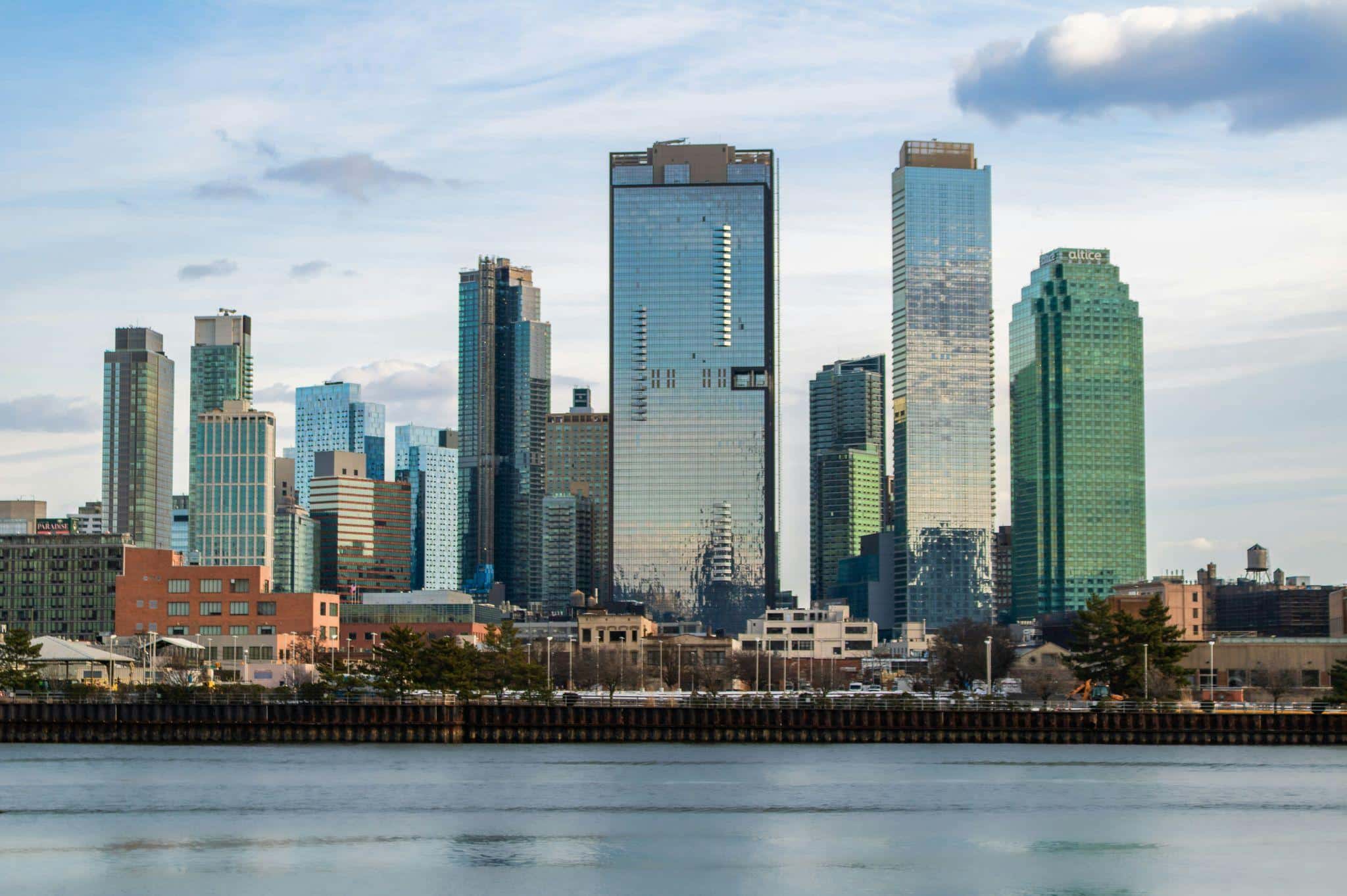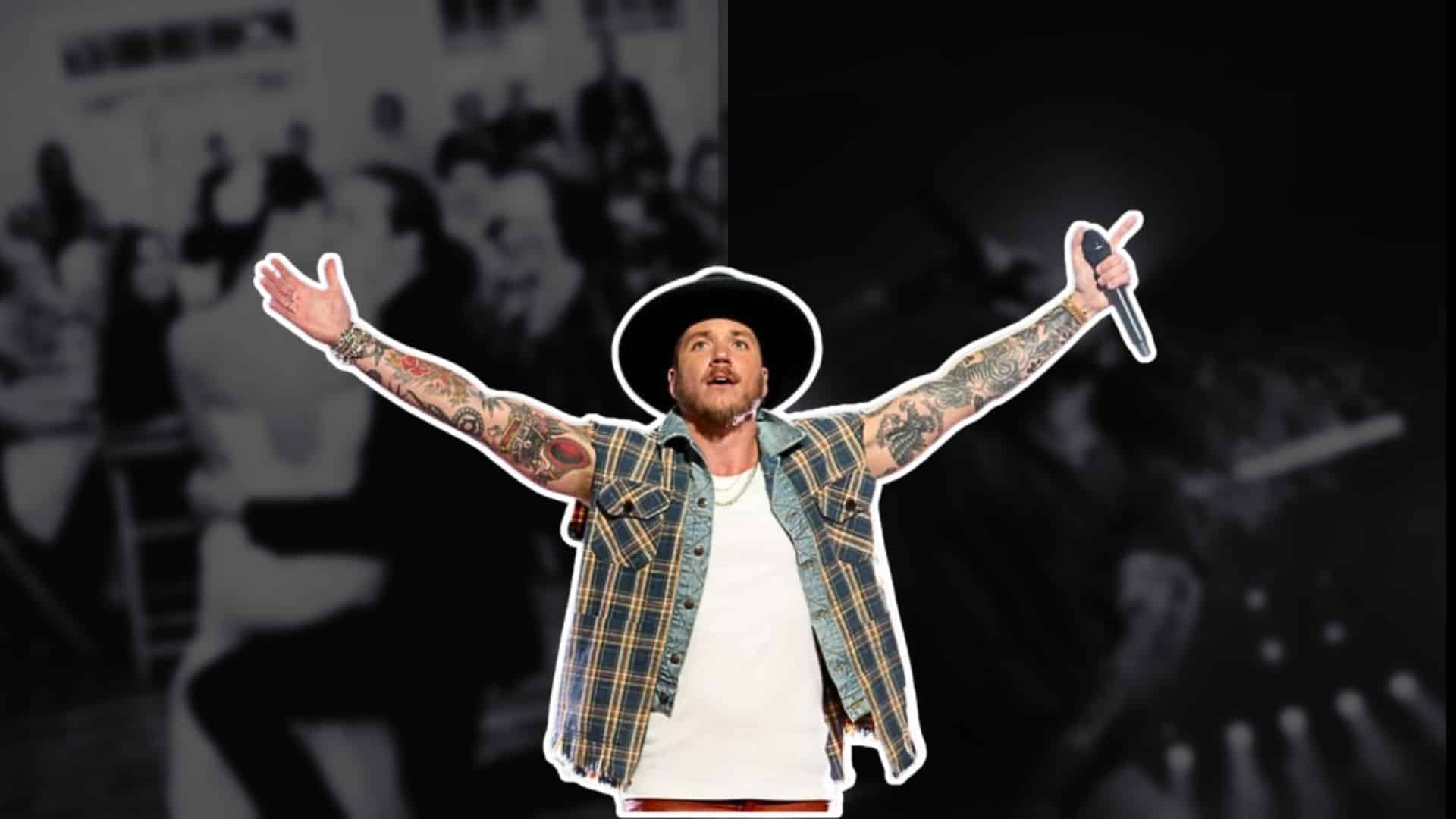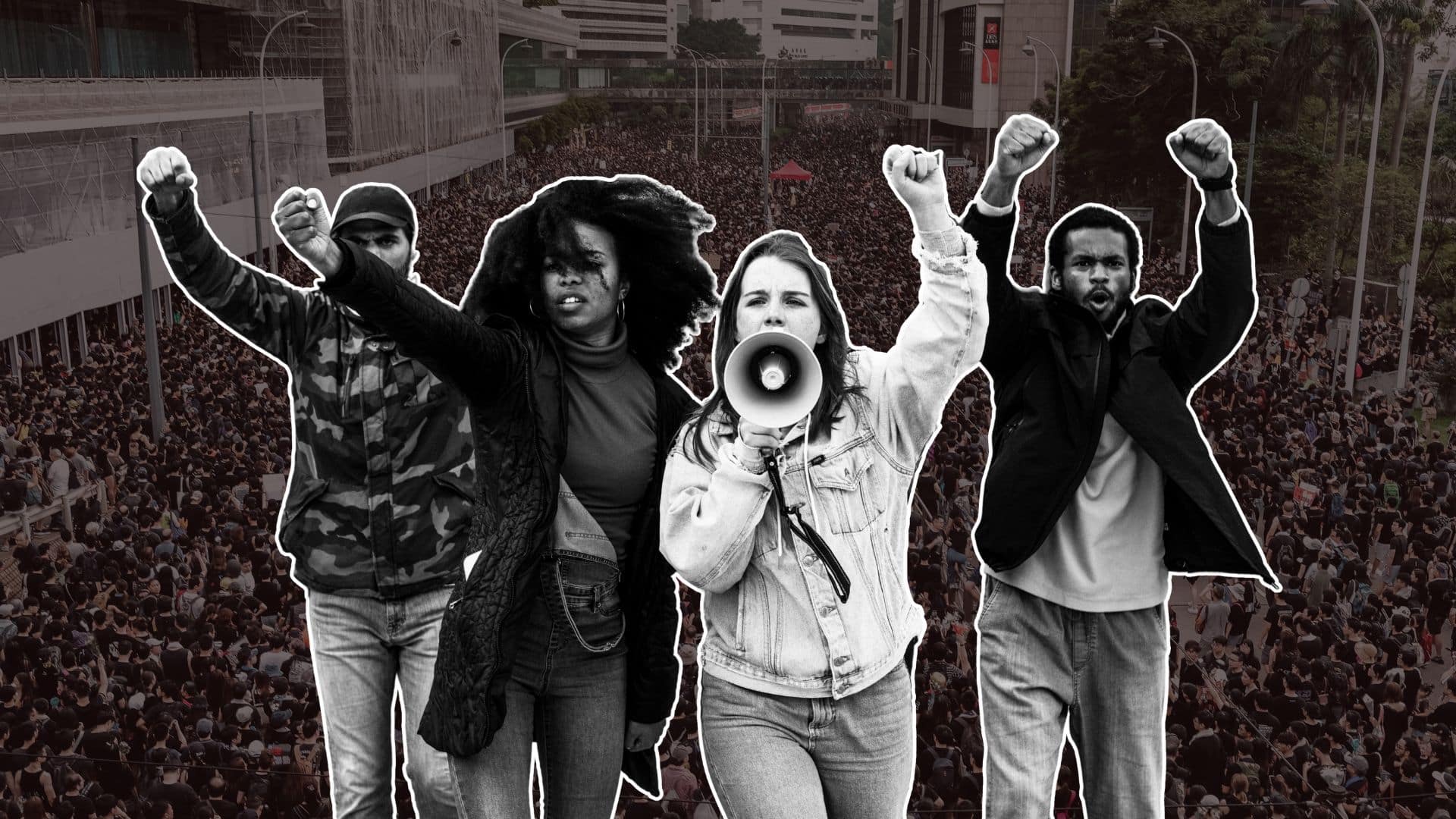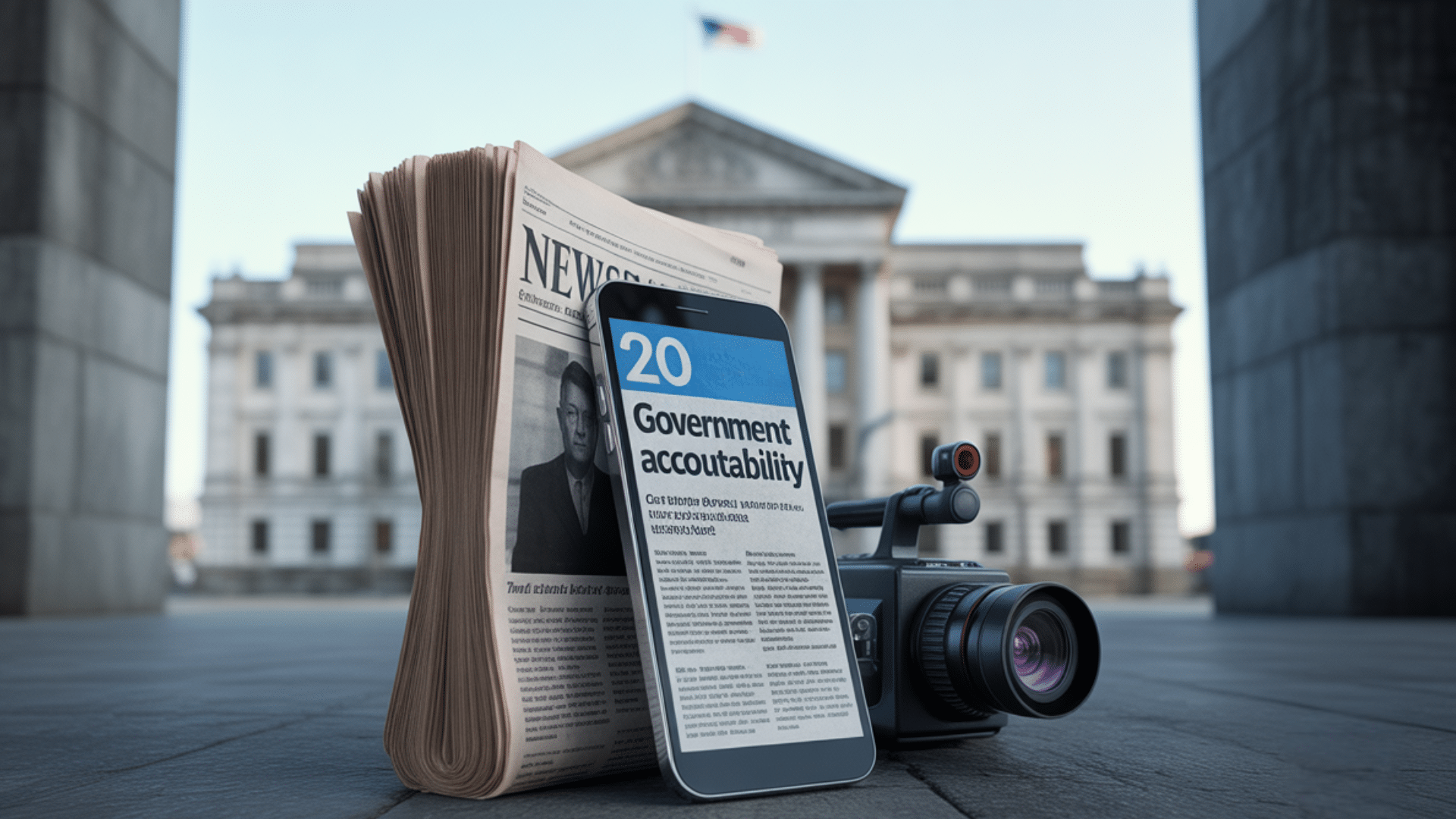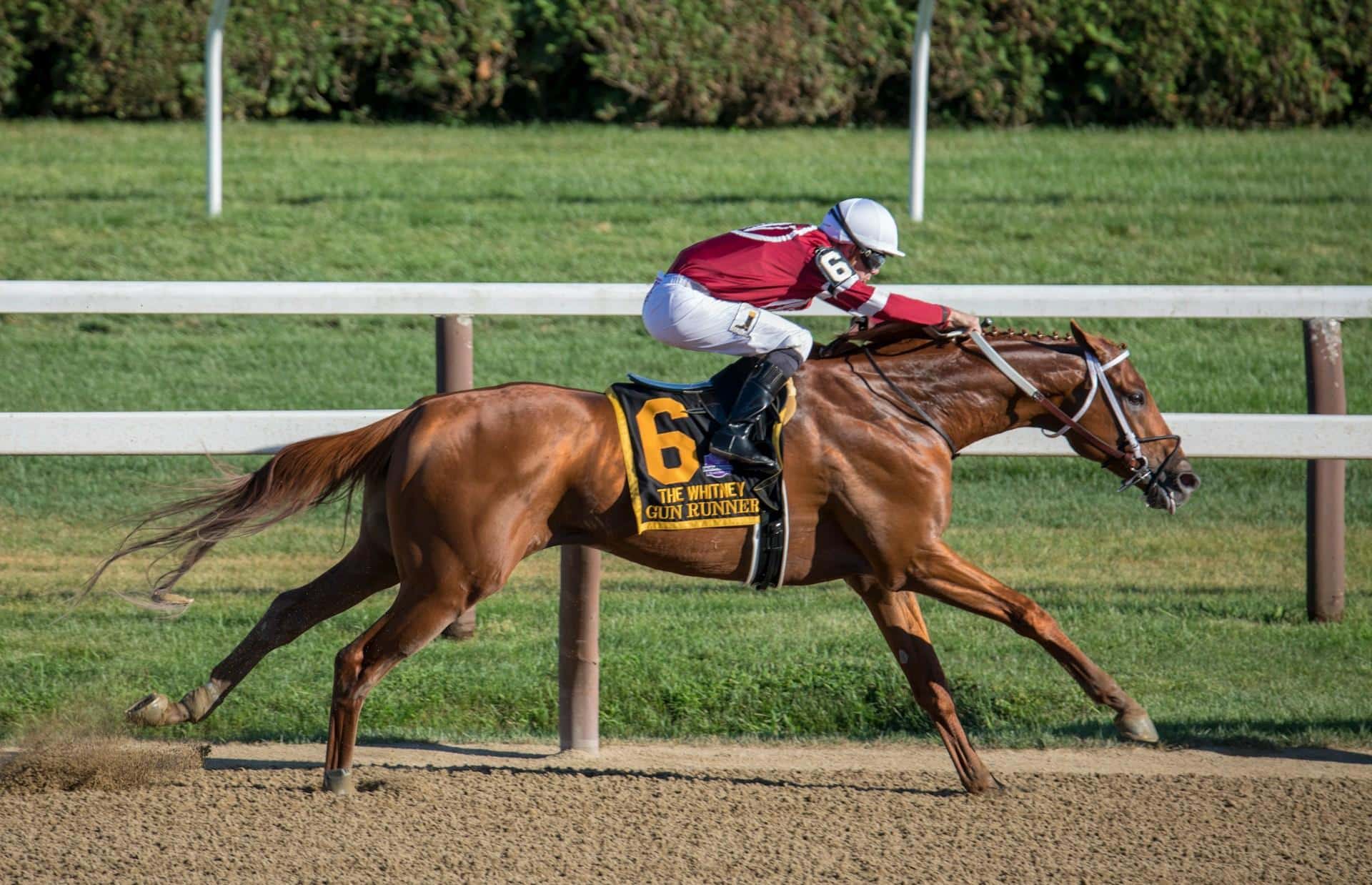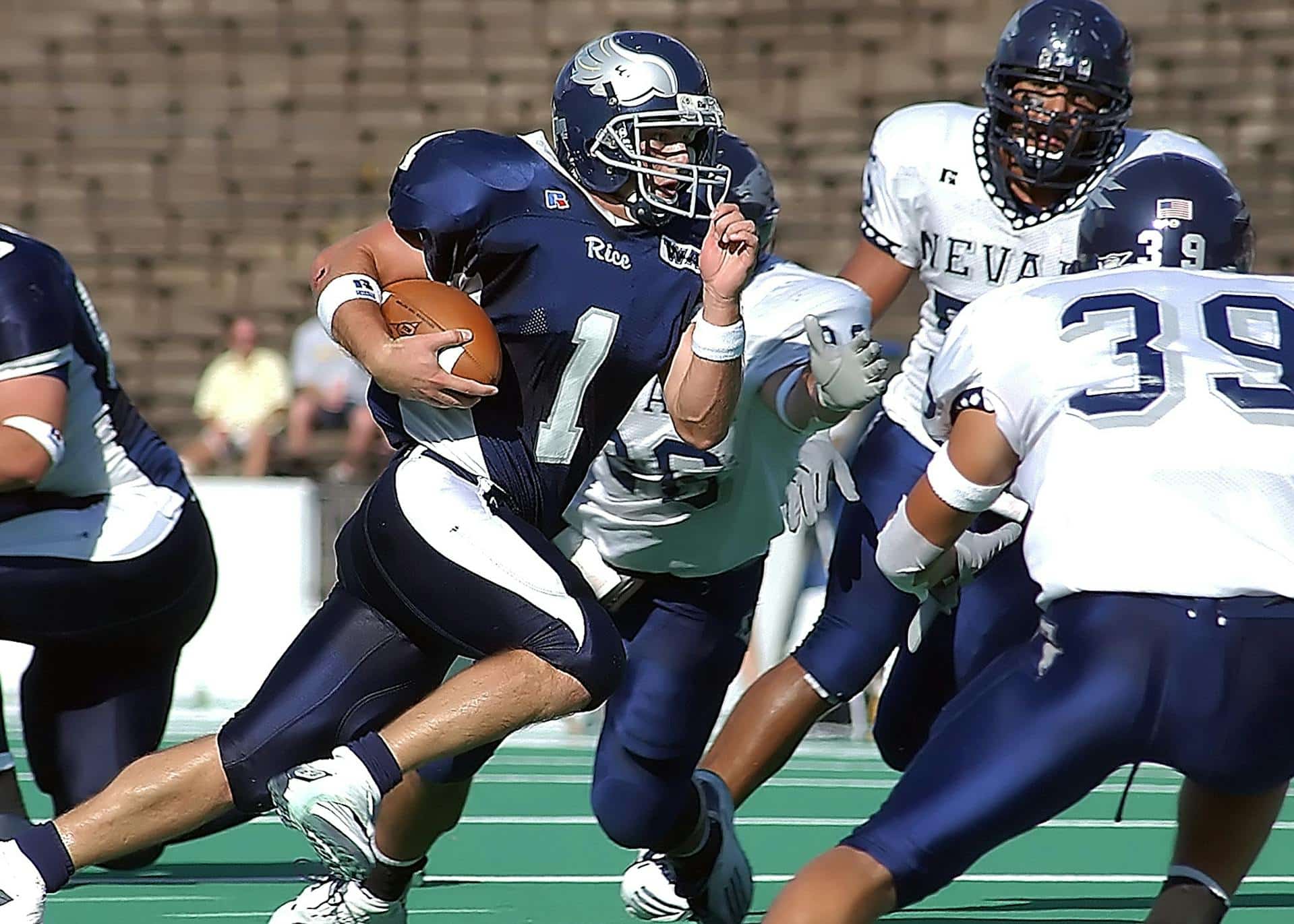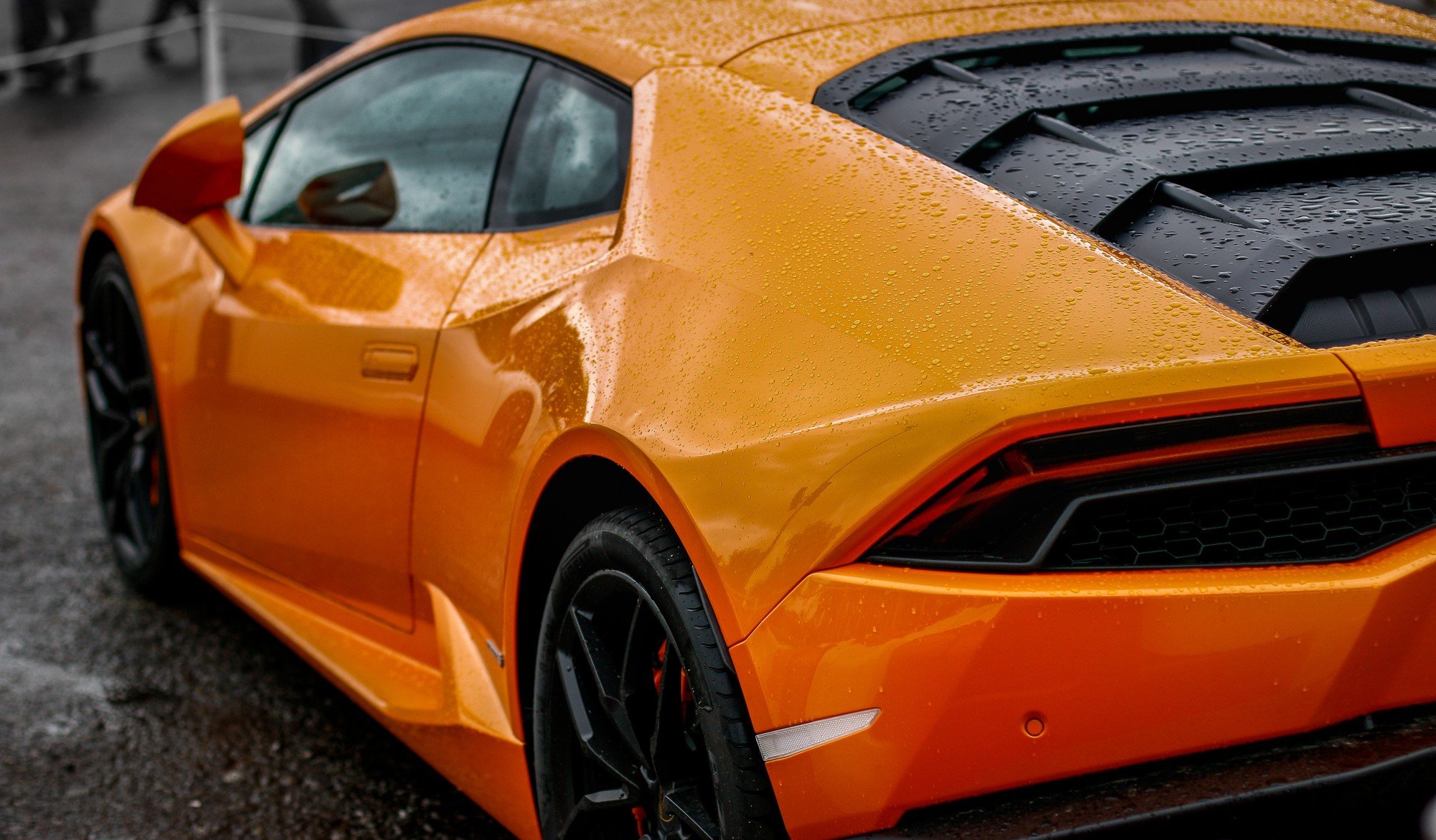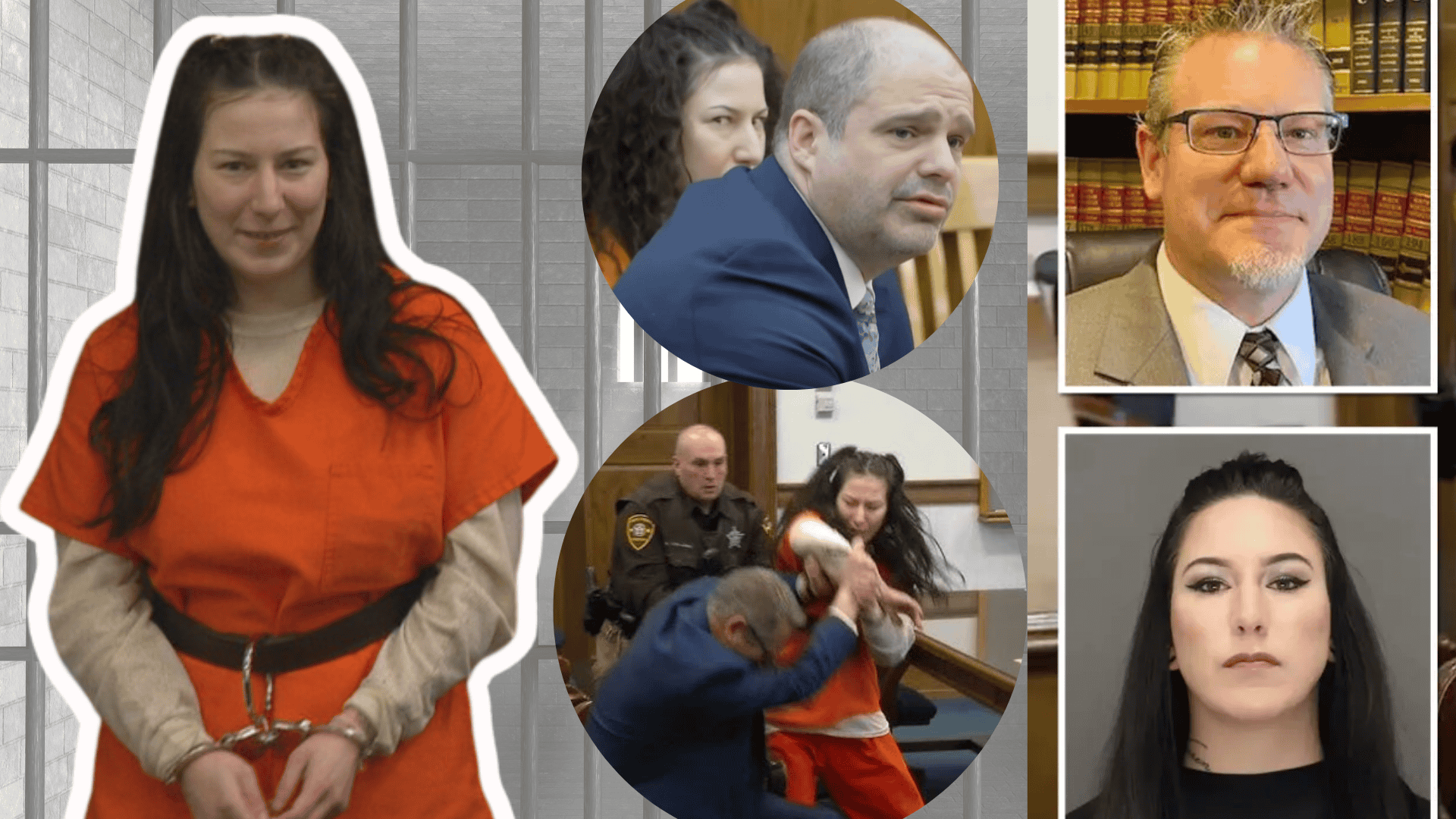Taylor Swift is one of the biggest names in music, and her legal battles often make headlines. Searches like “Taylor Swift lawsuit” and “Taylor Swift arrested” trend regularly on the internet.
But much of what circulates is rumor, not fact. Swift has never been arrested.
In this post, you’ll learn the real story behind her sexual assault trial, copyright disputes, and what these cases mean for the music industry.
No clickbait. Just facts.
What Happened in Taylor Swift’s Assault Case
In June 2013, Taylor Swift attended a meet-and-greet event in Denver, Colorado. She posed for a photo with radio DJ David Mueller and his girlfriend.
Swift later stated that Mueller reached under her skirt and grabbed her inappropriately during the photo. Mueller lost his job shortly after.
He then sued Swift for defamation, claiming she caused his firing. Swift fought back with a counterclaim for assault and battery.
She asked for just $1 in damages. This wasn’t about money. It was about making a statement that what happened to her was wrong.
Legal Proceedings & Verdict
- The trial started on August 7, 2017, in the U.S. District Court in Colorado.
- A jury reviewed testimonies, evidence, and witness accounts from both sides.
- Swift testified clearly and confidently about what happened that day.
- On August 14, 2017, the jury ruled in Swift’s favor.
- She was awarded the symbolic $1 she requested.
- The verdict confirmed the jury believed her account of the incident.
Significance & Impact
- Swift’s case became a powerful example for assault survivors everywhere.
- It showed that standing up publicly can lead to real accountability.
- The $1 damages approach highlighted that justice isn’t always about money.
- Legal experts noted the case strengthened conversations around nominal damages in civil assault cases.
- Culturally, it sparked wider discussions about consent, power, and speaking out in entertainment.
- Swift later said her goal was simple: “victims should be believed.”
- The trial inspired many to share their own stories.
Was Taylor Swift Arrested? Debunking Online Myths
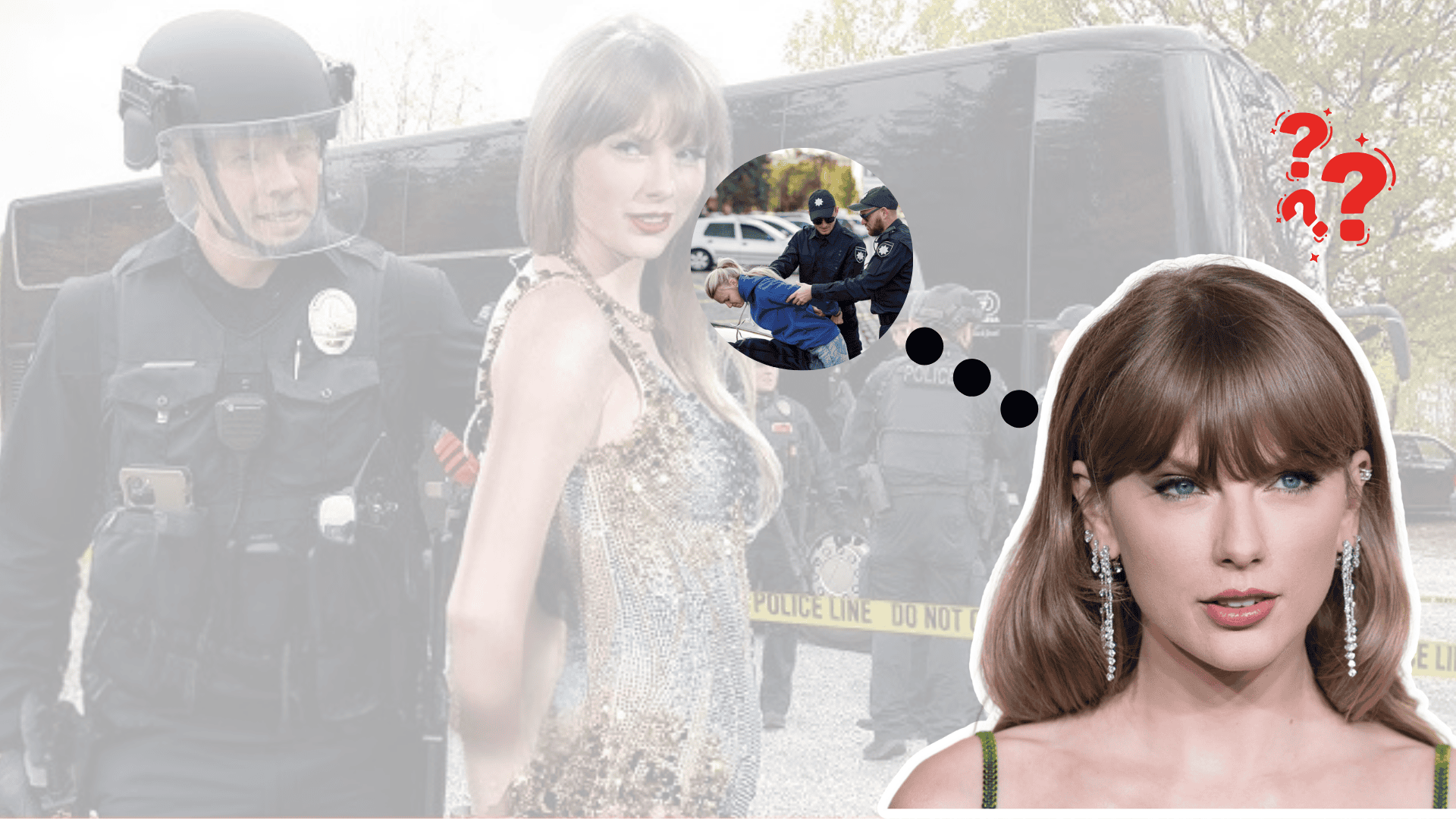
Rumors spread fast online, especially about celebrities. One of the most persistent false claims is that Taylor Swift was arrested.
Let’s set the record straight: Taylor Swift has never been arrested. The 2017 sexual assault trial was a civil lawsuit, not a criminal case.
Swift was the plaintiff, meaning she was the one bringing the case to court. She was never accused of a crime or taken into custody.
Unfortunately, misinformation like this spreads quickly on social media. People confuse legal battles with criminal charges. But the facts tell a completely different story.
Taylor Swift Lawsuit: Quick Myths vs. Facts
| Myth | Fact |
|---|---|
| Taylor Swift was arrested. | Never happened. She’s never been arrested. |
| She lost her sexual assault case. | False. Swift won in 2017 and received $1 in damages. |
| She copied “Shake It Off” lyrics. | The copyright case was dismissed in 2022. |
| Her old label owns her music. | Not anymore. Swift owns her “Taylor’s Version” albums. |
Why This Matters?
Understanding the truth protects Swift’s reputation and helps fans spot fake news. These myths can damage how people view her character and career.
They also distract from her real legal victories and advocacy work. When we share accurate information, we support artists who stand up for their rights.
It also sets an example for how we consume and share news online. False arrest claims can stick in people’s minds long after they’ve been proven wrong. That’s why correcting the record matters so much.
Taylor Swift’s Copyright & Intellectual Property Lawsuits
Copyright battles are part of the music business, especially for high-profile artists. Taylor Swift has faced several intellectual property lawsuits over the years. Some were dismissed.
Others sparked important conversations about ownership and creativity. Let’s break down what happened and why it matters.
1. Rules of Music Copyright
Copyright law protects original creative work. In music, this includes lyrics, melodies, arrangements, and production elements.
When someone claims copyright infringement, they must prove substantial similarity between the works and that the accused artist had access to the original.
2. The “Shake It Off” Lawsuit
In 2015, songwriters Sean Hall and Nathan Butler filed a lawsuit against Swift. They claimed her 2014 hit Shake It Off copied lyrics from their 2001 song Playas Gon’ Play.
Swift’s team argued these were common expressions, not original creations. The case dragged on for years, moving through multiple appeals.
Finally, in June 2025, a federal judge dismissed the lawsuit in its entirety. The court ruled that the phrases were too generic to be protected by copyright.
3. Other Recent Copyright Disputes
Swift has faced other copyright claims as well. In 2024 and 2025, Florida writer Kimberly Marasco filed multiple lawsuits.
Marasco alleged that Swift borrowed from her poetry and creative works without permission. She sought between $25 million and $30 million in damages.
Swift’s legal team filed motions to dismiss the cases, calling the claims legally flawed and without merit.
4. Swift’s Strategic Moves: Re-recordings & Ownership
One of Swift’s boldest legal strategies wasn’t in a courtroom at all. Starting in 2021, she began re-recording her first six albums.
These “Taylor’s Version” releases let her own the new master recordings. By re-recording, Swift took control of her music catalog and revenue streams.
Legal scholars at Harvard Law School called it a breakthrough moment. It showed other artists how to reclaim power in an industry that often favors labels.
5. Why This Matters for the Music Industry
These lawsuits and strategies have ripple effects far beyond Swift. Record labels now write stricter re-recording clauses into contracts. Songwriters are more cautious about using common phrases.
Swift’s legal battles also educate fans. They show that making music isn’t just about creativity but also business, contracts, and protecting your work.
How Taylor Swift’s Lawsuits Changed Music
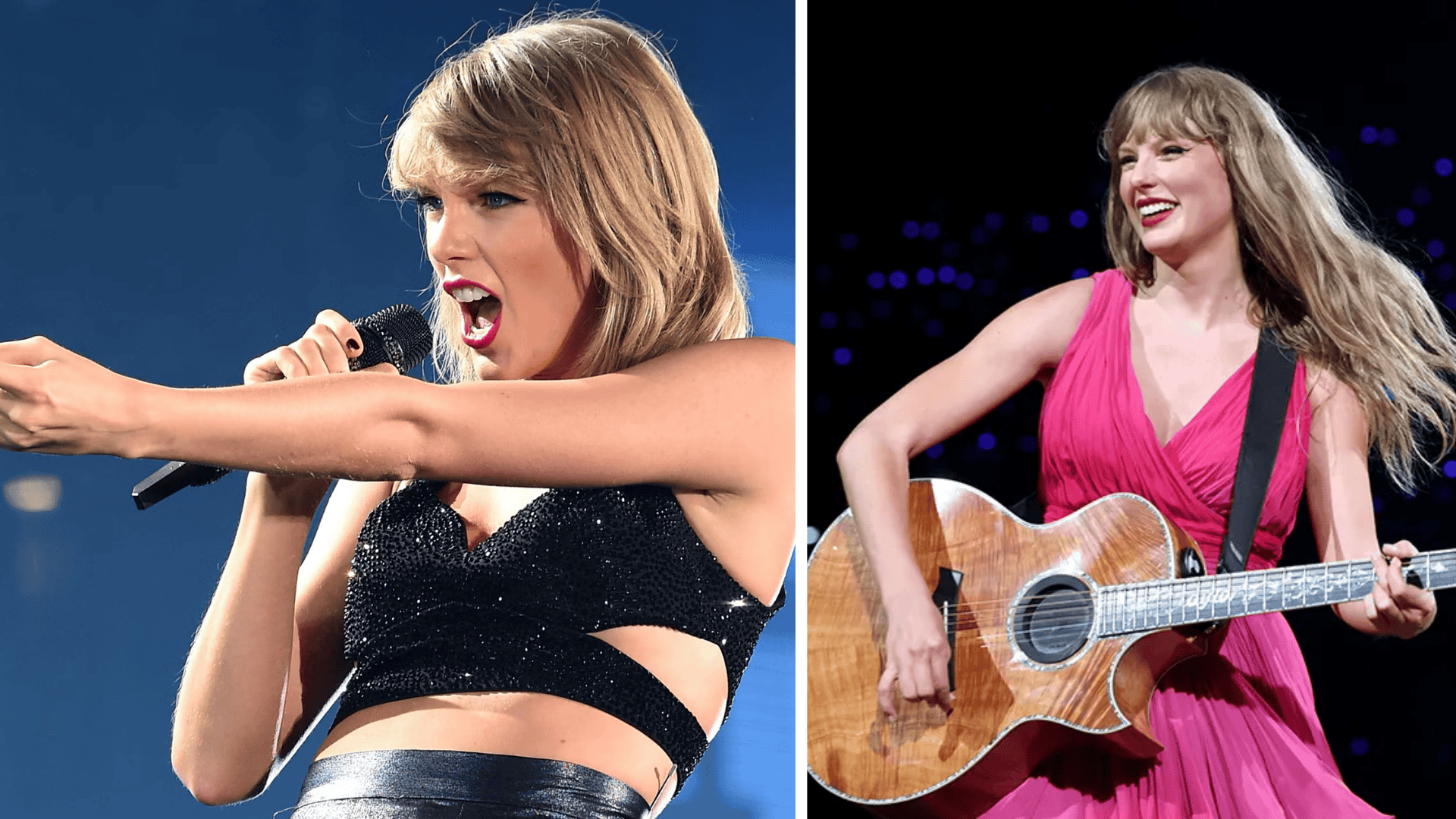
Taylor Swift’s legal battles aren’t just about her. They reveal important truths about power, ownership, and justice in the entertainment world.
These cases have changed how artists, fans, and the industry view copyright and accountability. Let’s look at what these lawsuits mean for different groups.
For Taylor Swift’s Public Image
- Swift is seen as someone who fights for what’s right, not someone who stays silent.
- The sexual assault trial positioned her as a voice for survivors and victims everywhere.
- The copyright cases prove she’s not just a performer but a sharp businesswoman.
- Re-recording her albums showed fans she values artistic control over quick profit.
For the Music & Entertainment Industry
- The “Shake It Off” dismissal set clearer guidelines on what counts as copyright infringement.
- Songwriters now know that common phrases and generic lyrics are harder to protect.
- Swift’s re-recording strategy inspired other musicians to rethink their contracts.
- Artists are now negotiating harder for ownership of their masters from the start.
For Fans and General Readers
- These cases teach fans that music is both art and business.
- Understanding legal battles adds depth to our appreciation of an artist’s work.
- Swift’s transparency made complex legal issues accessible to everyday people.
- Her victories show that standing up for yourself can inspire real change.
Key Takeaways & What to Watch Next
As Taylor Swift’s legal journey continues to shape discussions about justice and ownership, here are the biggest lessons her cases have taught us, and what to keep an eye on next.
- Nominal damages matter: Swift’s $1 verdict proved that symbolic awards in civil cases can send powerful messages about justice and accountability.
- Ownership is central: Her decision to re-record albums and reclaim her masters shifted industry power from labels back to artists.
- Watch future litigation: The Marasco copyright case and other pending suits could set new legal standards for music and creative work.
- Avoid misinformation: Taylor Swift has never been arrested. Always check facts before believing or sharing viral rumors online.
- For creators: Protect your intellectual property, read every contract clause carefully, and understand how similarity claims can lead to lawsuits.
Conclusion
Taylor Swift’s legal battles prove that fame doesn’t shield you from injustice, but courage can create real change. Her $1 sexual assault verdict gave survivors a voice.
Her copyright victories protected creative expression. And her re-recording project redefined what artist ownership looks like. These cases weren’t just about Swift.
They set precedents that affect musicians, writers, and creators everywhere. They also remind us to question what we read online. No, Taylor Swift was never arrested.
But yes, she stood up when it mattered most. Want to stay informed about artist rights and music industry news?
Subscribe to our newsletter for weekly updates. And if this post cleared up any confusion, share it with fellow fans who deserve the facts.

